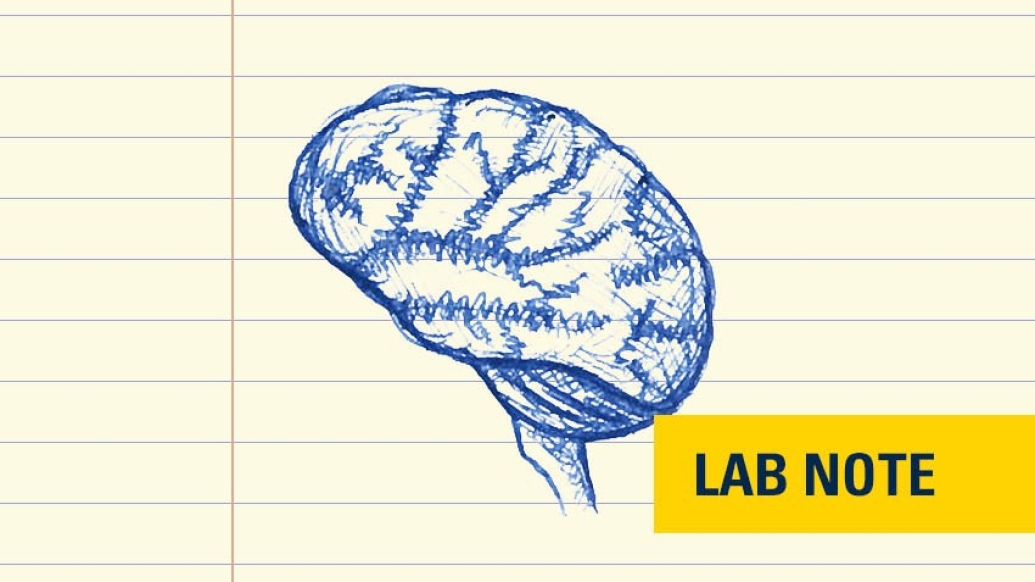A new analysis finds higher baseline cognition scores for aging women, but a more rapid drop once cognitive decline begins.
2:18 PM
Author |

Women may start middle age with stronger brain function than men, but as they get older, women's cognition declines faster.
That's according to a new analysis from more than 26,000 Black and white men and women who had participated in one of five long-term cohort studies. The researchers found that women had significantly faster declines in overall cognition and executive function, the brain processes used in problem-solving, planning and managing your time. However, memory decline was comparable between men and women.
"We estimate that cognitive function in women declined around five years faster than their ages would suggest," says lead author Deborah Levine, M.D., M.P.H., an associate professor of internal medicine and neurology at Michigan Medicine, and director of its Cognitive Health Services Research Program. "Differences in biological, genetic, social and lifestyle factors between men and women might contribute to faster cognitive decline in women, and more research is needed."
Researchers attribute the higher initial cognitive levels in women to greater cognitive reserve. Women's higher initial scores might delay detecting thinking difficulties, so it's important for loved ones and physicians to closely monitor older women for the first signs of cognitive decline, Levine says.
Paper cited: "Sex Differences in Cognitive Decline Among US Adults," JAMA Network Open. DOI: 10.1001/jamanetworkopen.2021.0169

Explore a variety of healthcare news & stories by visiting the Health Lab home page for more articles.

Department of Communication at Michigan Medicine
Want top health & research news weekly? Sign up for Health Lab’s newsletters today!





